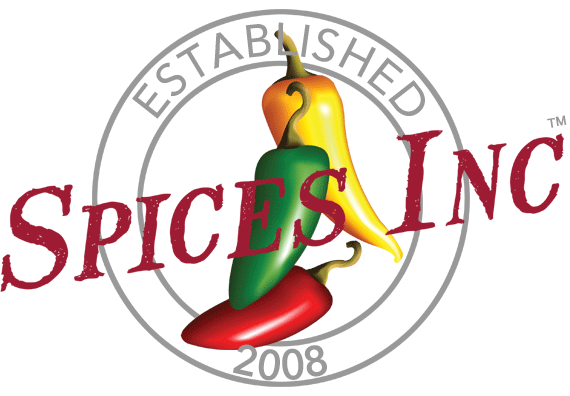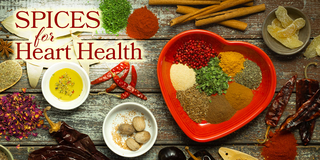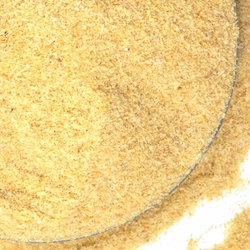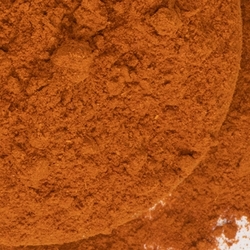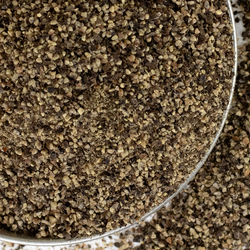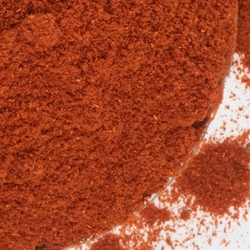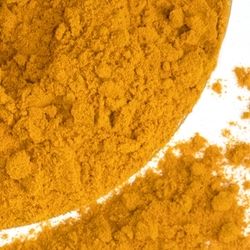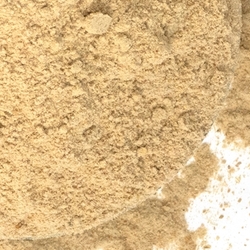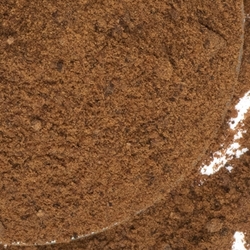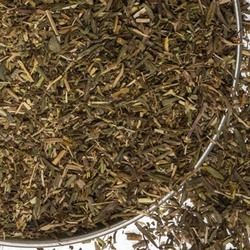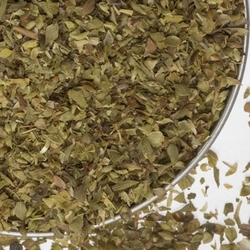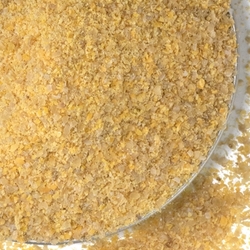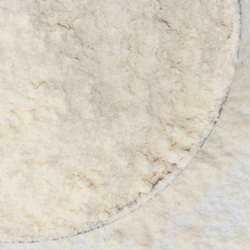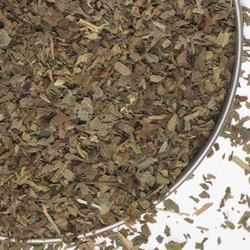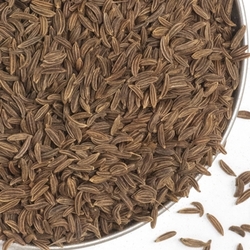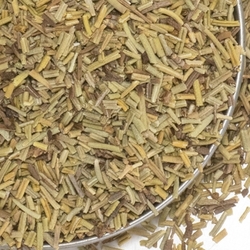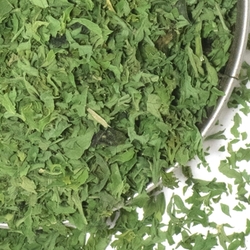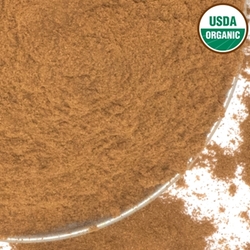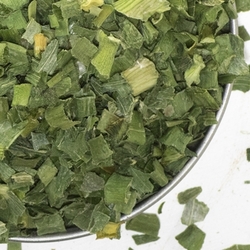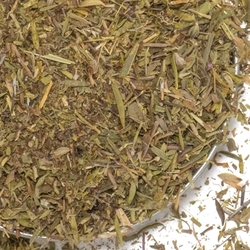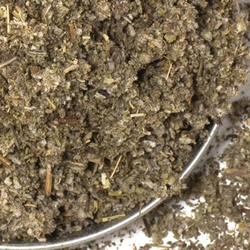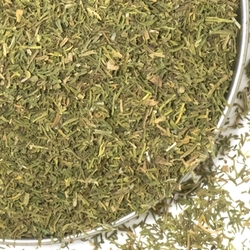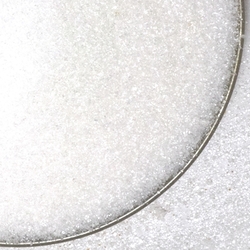Heart Health Awareness
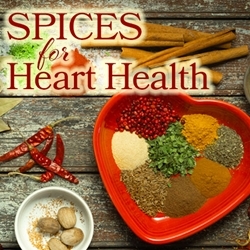
February is American Heart Month, when we are encouraged to consider the ways we can improve our cardiovascular health. One of those ways that you can address at home with a few easy kitchen swaps is cutting down on salt intake.
A staggering 9 out of 10 Americans consume too much sodium. The recommended amount of sodium one should eat, according to the American Heart Association, is 1,500 milligrams for ideal heart health, and should not exceed 2,300 milligrams. The average American consumes 3,400 milligrams daily, which can lead to health concerns like high blood pressure, kidney disease, or even heart failure or stroke.
The good news is, you don't have to quit salt entirely. In fact you can't, since it's a necessary nutrient that helps us balance our body fluids and helps keeps nerves and muscles running smoothly. Evidence has shown that cutting 1,000 milligrams of sodium from a high-sodium diet can dramatically reduce the risk of associated health concerns.
Table of Contents
Salt-Free Cooking
When we make our own seasoning blends, we control the amount of salt in each blend. Our Salt-Free Seasonings page showcases the seasoning blends we've created that are completely salt-free. The primary components of these blends--our raw spices and herbs--by nature don't contain any salt, so when you make your own seasoning blend you're starting with a sodium count of 0.
Often times people think that because you are eliminating salt you are eliminating flavor; this doesn't have to be the case. As we've mentioned, we have a ton of terrific seasoning blends that taste great without salt, and you can add as much of individual spices as you like to a dish to make up for the lack of salt. A great place to look for inspiration is in the Healthy Living section of The American Heart Association page, which will give you tips on how to cut back on sodium and recipes that can help you reduce salt and retain flavor in your food.
Below are some of our favorite spices and the kinds of foods we think they pair well with.
Allspice: Lean ground meats, stews, tomatoes, peaches, applesauce, cranberry sauce, gravies, lean meat
Basil: Fish, lamb, lean ground meats, stews, salads, soups, sauces, fish cocktails
Bay leaves: Lean meats, stews, poultry, soups, tomatoes
Caraway seeds: Lean meats, stews, soups, salads, breads, cabbage, asparagus, noodles
Cayenne Chile Powder: Eggs, ketchup, soup, pasta salad, DIY hot sauces
Chives: Salads, sauces, soups, lean meat dishes, vegetables
Apple Cider Vinegar Powder: Salads, vegetables, sauces
Cinnamon: Fruits (especially apples), breads, pie crusts
Curry powder: Lean meats (especially lamb), veal, chicken, fish, tomatoes, tomato soup, mayonnaise
Dill: Fish sauces, soups, tomatoes, cabbages, carrots, cauliflower, green beans, cucumbers, potatoes, salads, macaroni, lean beef, lamb, chicken, fish
Garlic (not garlic salt): Lean meats, fish, soups, salads, vegetables, tomatoes, potatoes
Ginger: Chicken, fruits
Mustard (dry): Lean ground meats, lean meats, chicken, fish, salads, asparagus, broccoli, Brussels sprouts, cabbage, mayonnaise, sauces
Nutmeg: Fruits, pie crust, lemonade, potatoes, chicken, fish, lean meat loaf, toast, veal, pudding
Onion powder (not onion salt): Lean meats, stews, vegetables, salads, soups
Oregano: Roasts, grilled meats, sauces, vegetable bakes, stews, potatoes, rice
Paprika: Lean meats, fish, soups, salads, sauces, vegetables
Parsley: Lean meats, fish, soups, salads, sauces, vegetables
Rosemary: Chicken, veal, lean meat loaf, lean beef, lean pork, sauces, stuffings, potatoes, peas, lima beans
Sage: Lean meats, stews, biscuits, tomatoes, green beans, fish, lima beans, onions, lean pork
Savory: Salads, lean pork, lean ground meats, soups, green beans, squash, tomatoes, lima beans, peas
Thyme: Lean meats (especially veal and lean pork), sauces, soups, onions, peas, tomatoes, salads
Turmeric: Lean meats, fish, sauces, rice
To add an extra pop to your food, we suggest trying
Citric Acid: A by-product of sugar fermentation, just a touch of Citric Acid can make flavors burst and almost mimic the experience of using salt. It can go with any product, just use a very small amount because it is potent.
Organic Lemon Juice Powder: Lemon delivers a burst of flavor and enhances food naturally. Use a light hand to sprinkle on Organic Lemon Juice Powder, or add about half as much fresh lemon juice as you would salt to a dish.
There is no fast track to abundant health. These spices, herbs, and seasoning blends can contribute to a healthier kitchen profile and are a great way to make your food sing without additional salt. Most importantly, we recommend talking to your doctor about how to modify your diet to keep yourself and your heart healthy. For more information on heart health and ways to keep your body healthy, we encourage you to visit The American Heart Association's website.
